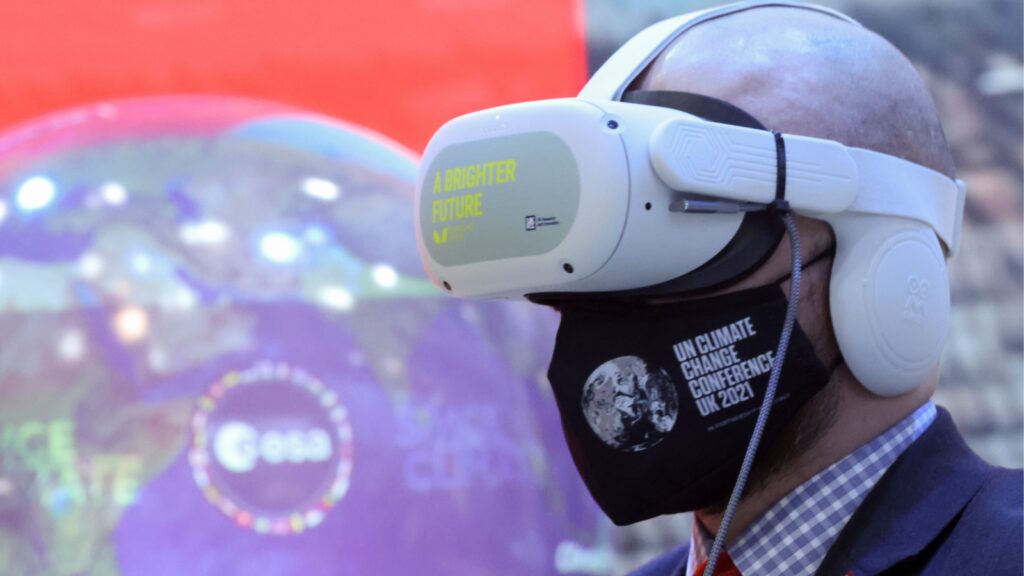Artificial Intelligence (AI) and Virtual Reality (VR) are cutting-edge technologies revolutionizing how we interact with machines and the world. AI mimics human cognitive functions through algorithms and data analysis, leading to advancements like deep learning for improved performance in various domains. Companies like Google, Amazon, and Microsoft are investing in AI research for applications in virtual assistants, healthcare, finance, and more. VR creates immersive simulated environments using headsets and controllers, with recent advancements in wireless headsets and haptic feedback devices. VR is used in gaming, education, healthcare, and entertainment, providing immersive experiences previously impossible. Both AI and VR continue to advance, promising innovative possibilities for the future.
From AI to VR: Exploring the Latest Technological Advances
Introduction
Technology is constantly evolving, and new advancements are being made every day. Two of the most cutting-edge technologies that have been making waves in recent years are Artificial Intelligence (AI) and Virtual Reality (VR). Both AI and VR are revolutionizing how we interact with machines and the world around us. Let’s delve deeper into these exciting technologies and explore the latest advancements in each field.
Artificial Intelligence (AI)
AI is a branch of computer science that aims to create intelligent machines that can mimic human cognitive functions such as learning, problem-solving, and decision-making. AI systems use algorithms and data to analyze patterns, make predictions, and respond to stimuli in a way that is similar to human intelligence.
Advancements in AI
One of the most significant advancements in AI is the development of deep learning algorithms, which have significantly improved the performance of AI systems in various domains such as image and speech recognition, natural language processing, and autonomous driving. Companies like Google, Amazon, and Microsoft are investing heavily in deep learning research to create more intelligent and efficient AI systems.
Applications of AI
AI is being used in a wide range of applications, including virtual assistants like Siri and Alexa, recommendation systems like Netflix and Amazon, and autonomous vehicles like Tesla. AI is also being used in healthcare for diagnosing diseases, in finance for fraud detection, and in manufacturing for optimizing production processes.
Virtual Reality (VR)
VR is a technology that creates a simulated environment that users can interact with using special equipment such as headsets and controllers. VR immerses users in a digital world that can be anything from a realistic 3D environment to a fantastical virtual space. VR has the potential to revolutionize how we experience entertainment, education, and communication.
Advancements in VR
Recent advancements in VR technology include the development of wireless VR headsets, hand-tracking controllers, and haptic feedback devices that provide users with a more immersive and realistic experience. Companies like Oculus, HTC, and Sony are leading the way in advancing VR technology and creating more affordable and accessible VR devices.
Applications of VR
VR is being used in a variety of industries, including gaming, entertainment, education, and healthcare. In gaming, VR allows players to step into the game world and interact with the environment in a way that was never before possible. In education, VR can simulate real-world scenarios to provide hands-on learning experiences. In healthcare, VR is being used for medical training, pain management, and therapy for mental health disorders.
Conclusion
AI and VR are two of the most exciting and groundbreaking technologies of our time. Both AI and VR have the potential to transform how we interact with technology and the world around us. The latest advancements in AI and VR are pushing the boundaries of what is possible and opening up new possibilities for innovation and creativity. As technology continues to evolve, we can expect even more exciting developments in AI and VR in the years to come.
